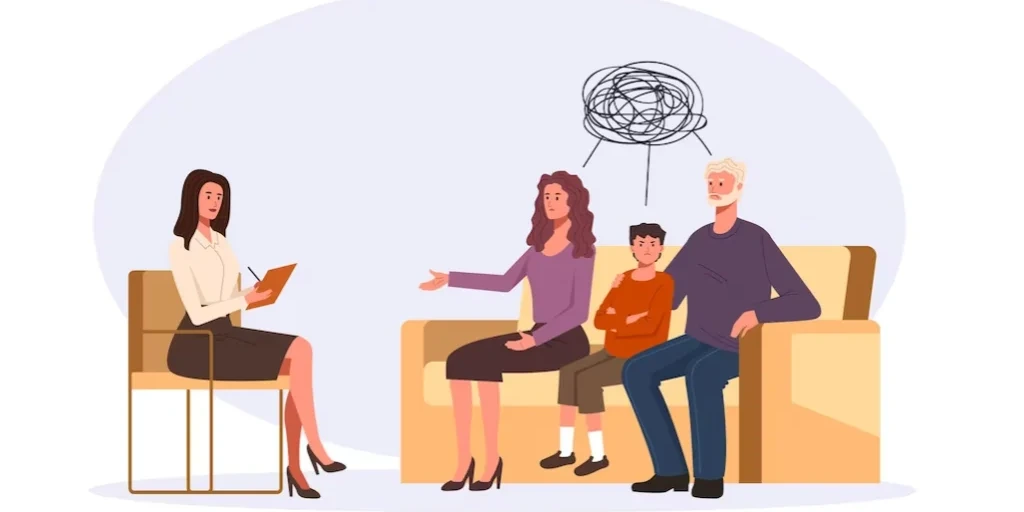24/7 Helpline:
(866) 899-111424/7 Helpline:
(866) 899-1114
Learn more about Dual Diagnosis Rehab centers in Rigby
Dual Diagnosis Rehab in Other Cities
Other Categories in Rigby

Other Insurance Options

Medical Mutual of Ohio

Lucent

Sliding scale payment assistance

GEHA

Health Net

Horizon Healthcare Service

CareSource

Regence

Absolute Total Care

United Health Care

Ceridian

Sutter

Providence

BHS | Behavioral Health Systems

Cigna

CareFirst

Access to Recovery (ATR) Voucher

UnitedHealth Group

Health Choice

Covered California

Tueller Counseling Services
Tueller Counseling Services is an outpatient mental health and addiction recovery facility for youth...

Upper Valley Resource and Counseling
Upper Valley Resource and Counseling is a private rehab located in Rigby, Idaho. Upper Valley Resour...





















































































































